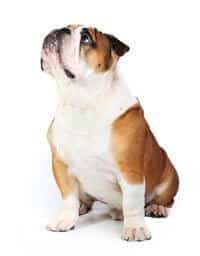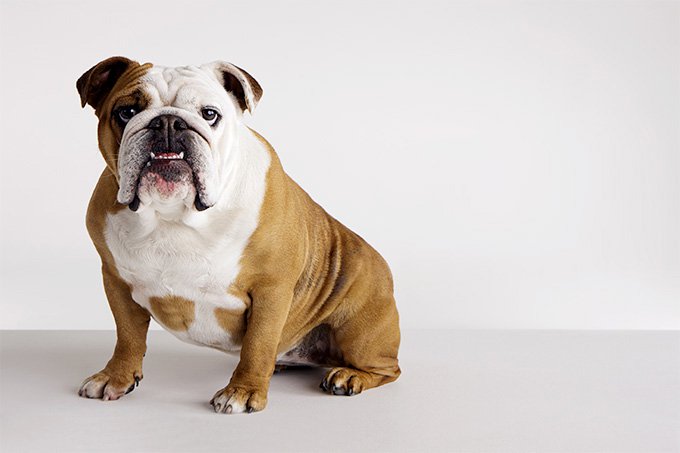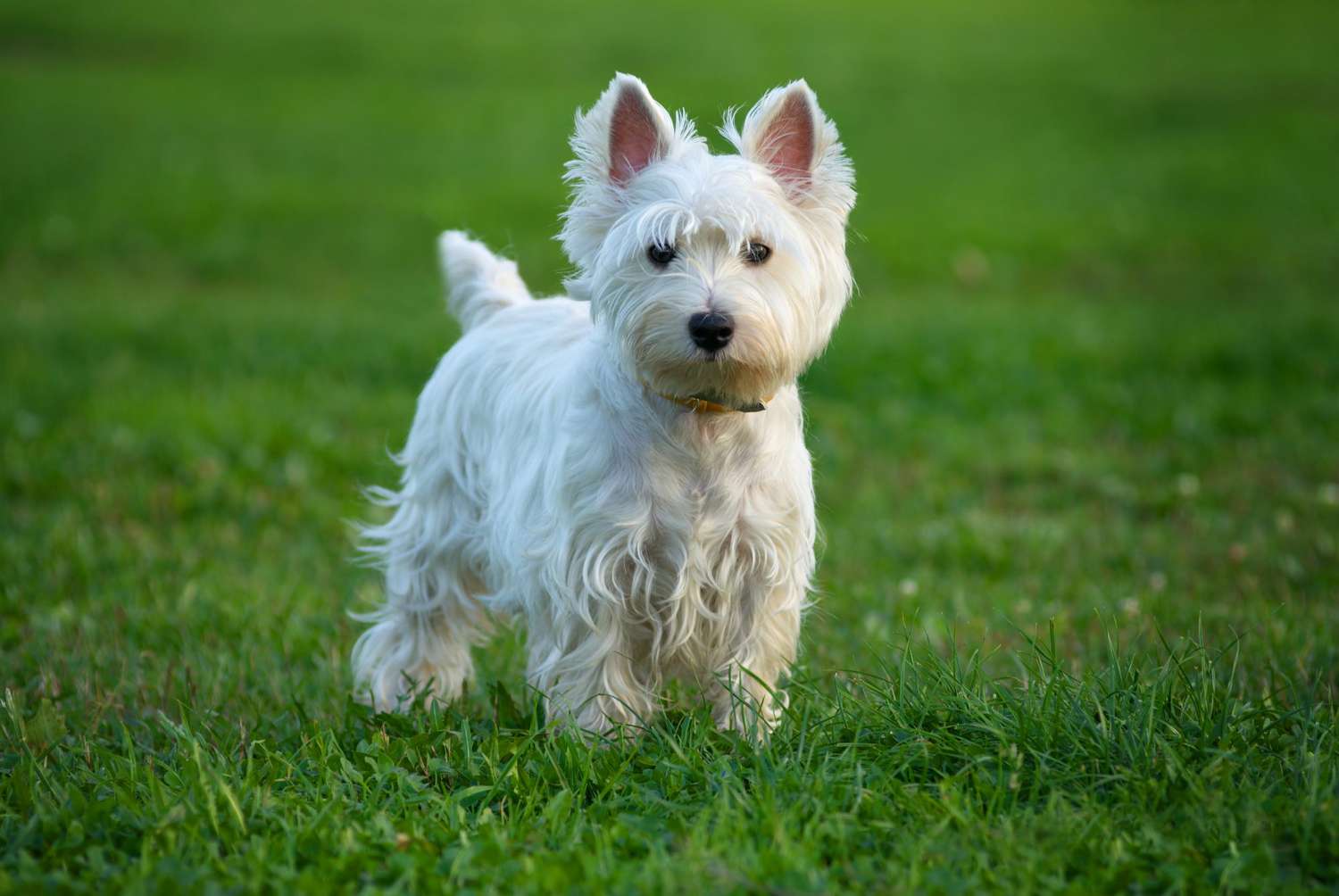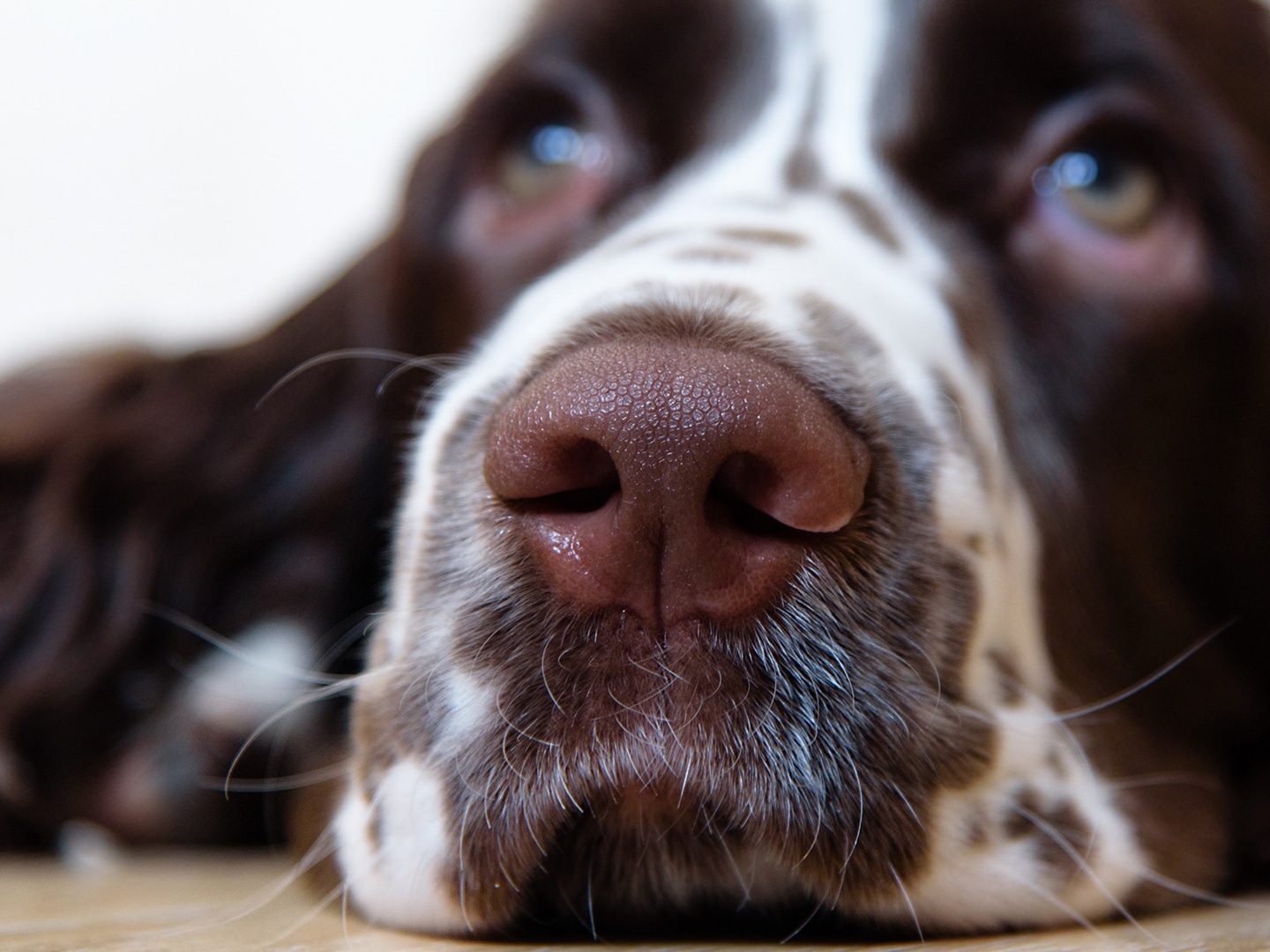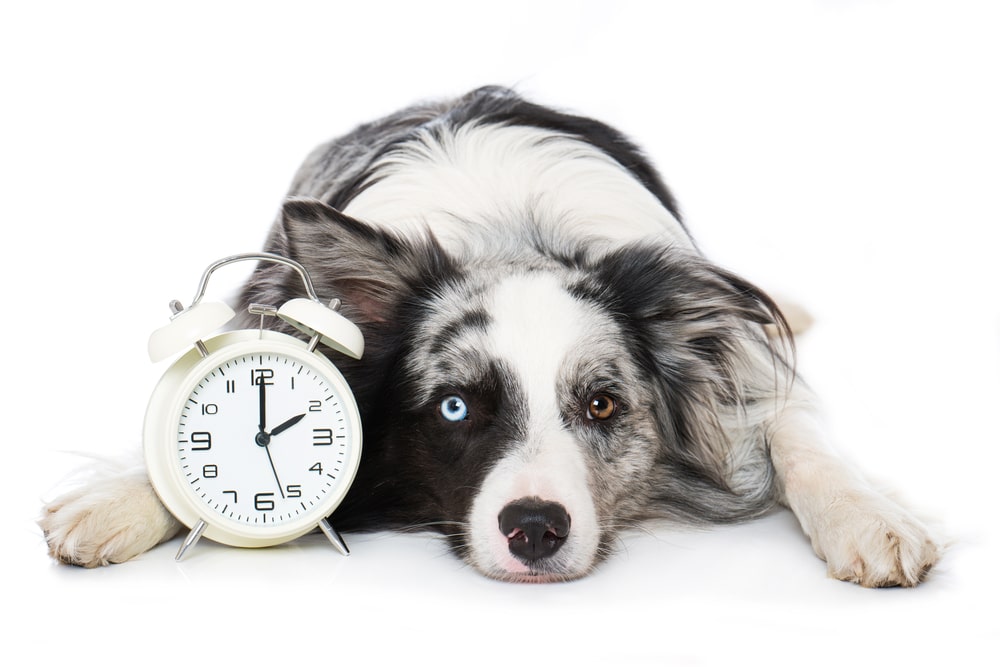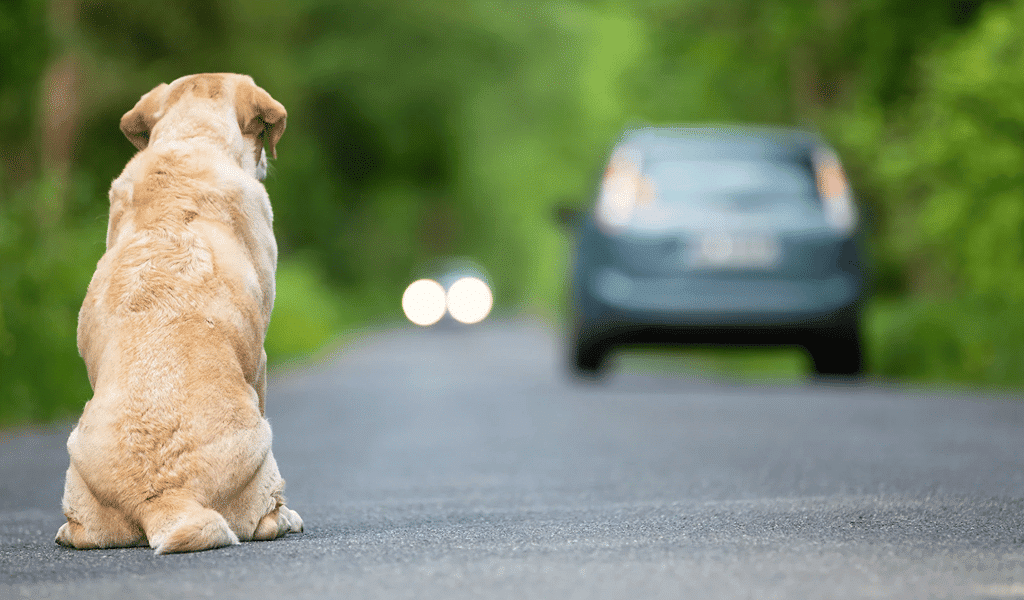Bulldog Appearance
The breed is characteristically “wide”! The wide head, along with the broad shoulders and the thick skin folds on the muzzle give the Bulldog’s its unique and peculiar appearance. Eyes are typically wide set and the jaw has an under bite with drooping lip folds. The coat is short and varies in color from red to white with possible brindle. The tail is short and can be either straight or twisted.Temperament
The breed’s temperament can be influenced by a variety of factors. There is a hereditary aspect but training and socialization will help any bulldog to become the perfect companion. Frequent socialization will help your bulldog do well in any situation. Typically bulldogs are peaceful, easy going and kind. However they are very courageous dogs and can be stubborn at times. Bulldogs make good family pets and can form a deep and strong bond with family members. The breed is renowned for the ability to be OK around kids, dogs as well as other pets. However bulldogs do not really score well in intelligence tests. Bulldogs are not best suited for beginner dog owners as they do need someone quite assertive to be in charge. English Bulldogs are constantly testing boundaries, being too soft with a bull dog will only result in behavioral problems later on.Health
As with any other dog breed, bulldogs are prone to their set of health conditions. You can avoid many conditions though, if you buy your bulldog from a reputable breeder. Always avoid puppy mills and any irresponsible breeders. The breed is extremely prone to hip dysplasia and the extra bulk certainly does not help to reduce the deterioration of the dysplastic joints! Bulldogs can also suffer from respiratory conditions, cherry eye and allergies. Birth is mostly via a Cesarean section as the broad heads make it practically impossible for normal birth.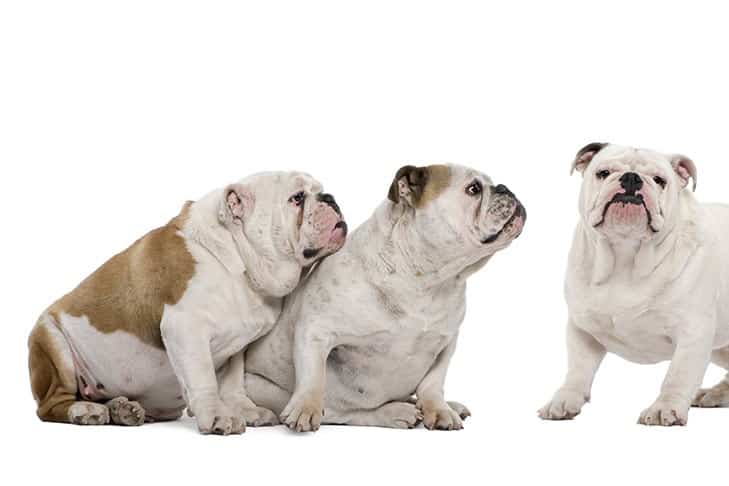
Lifespan
The average life span of a bulldog is eight to ten years. The main causes of this breed’s death are: cardiac related issues, cancer and age.Exercise
Being a lazy breed, bulldogs do not need a lot of exercise. A simple 30 minute easy walk will be just right. Although they do not need a lot of exercise, they still need it to make sure not to pile up any extra unnecessary weight. Bulldogs are prone to gaining excess weight. How much you feed your bulldog will depend on the age, activity and size. However a bit less food will only, do this breed good! Bulldogs are not good swimmers as the massive weight of the head weighs them down. So if you take your bulldog for a swim, make sure you stay where it is shallow enough for him to stand safely.Heat Regulation
Bulldogs have small and winding nasal passageways. This is evident by the usual heavy snoring while sleeping. As a result bulldogs are very sensitive to heat as they cannot radiate out the extra heat efficiently. Plenty of shade and water are essential during hot days. Observe the dog for any sign of labored breathing. Indoor play in moderate temperatures can be best suited for the English Bulldog.Apartment Life
English bulldogs cope well living in an apartment. The breed is quite calm and low in energy and bulldogs sleep most of the time. This makes them ideal dogs for those who have long days at work.Grooming
